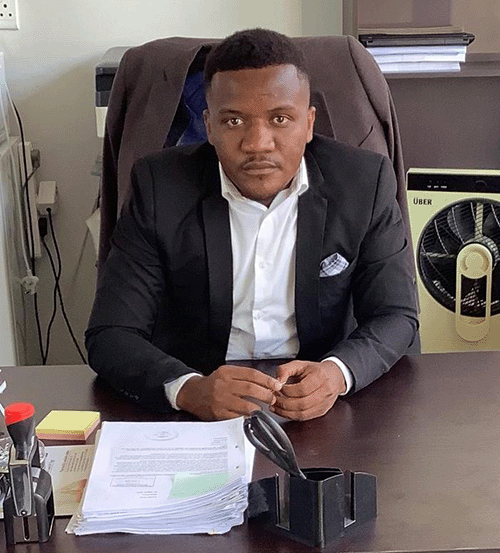John Muyamba
NKURENKURU - The Kavango West directorate of education has called for an increase in psychosocial support for the counselling needs at schools where teenage pregnancies continue to keep learners away from class.
The region has 177 schools, and out of the 3 627 teenage pregnancies reported in the country by the education ministry in January this year, about 554 learners fell pregnant in Kavango West, the second-highest after Omusati with 562 learners falling pregnant in 2020. “The region is concerned about the high teenage pregnancy rate in schools as it is hampering school performance”, said the regional council’s senior public relations officer, Salomo Tenga.
The education ministry earlier announced that about 3 323 schoolgirls fell pregnant during the March-July 2020 Covid-19 lockdown. “This indicates that the rate at which learners are falling pregnant in the region requires an immediate intervention that will work in reducing the figure,” Tenga stated in a media release yesterday.
He added that the high poverty rate in the region contributes to the learner pregnancy rate. Some of the reasons include cohabiting, while some are inspired by social grants and thus have more children. Socio-economic pressure and peer pressure are also contributing to teenage pregnancies.
“Religious and traditional norms, beliefs and practices, in addition to a lack of basic necessities such as food, hygiene products and shelter, sex in exchange of money and negative attitudes towards the use of condoms amongst boys are amongst the many contributing factors,” he continued.
Apart from a call for an increase in psychosocial and counselling support at schools, the directorate has requested for proper modalities to carry out the implementation of the learner pregnancy and management policy, which has been discovered to be lacking at schools.
“The study also established the way forward that showed that among the pregnant learners, some cases fell under sexual offences, like statutory rape for being under the age of 16, while no follow-ups had been conducted to lead to the responsible fathers,” he noted.
In an attempt to remedy the status quo, the directorate of education has recommended for individual schools to draw up their action plans to address and advocate for learner pregnancy reductions at their respective schools.
“There’s a need for collective efforts from inspectors of education at their respective circuits with school principals and stakeholders to address the matter,” Tenga said.
The regional office is also dedicated to conduct training in the implementation of the learner pregnancy and management policy, starting with top schools per circuit. According to Tenga, it was further decided to have the Regional School Health Task Force (RSHTF) advocate for Teenage Pregnancy, and the Diagnostic, Advisory and Counselling Services' section to intensify counselling for learner-mothers at schools.
“The information is crucial in planning for appropriate interventions to have the situation addressed. Two San learners falling under marginalised and vulnerable learners were recorded pregnant at Ncuncuni Combined School, and 45 out of 554 learners did not return to school this year. However, follow-ups on the matter are underway,” he said. -
jmuyamba@nepc.com.na


